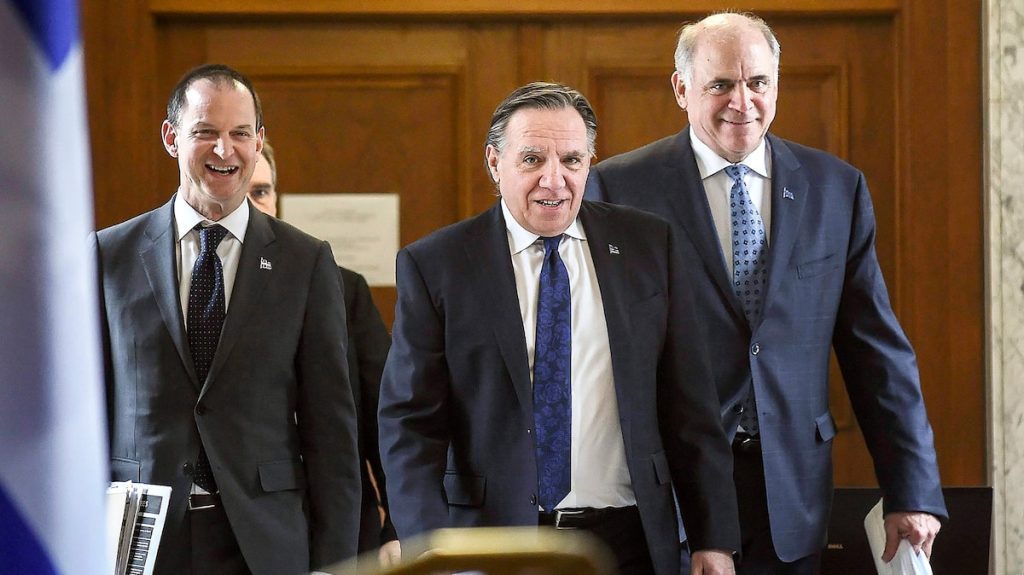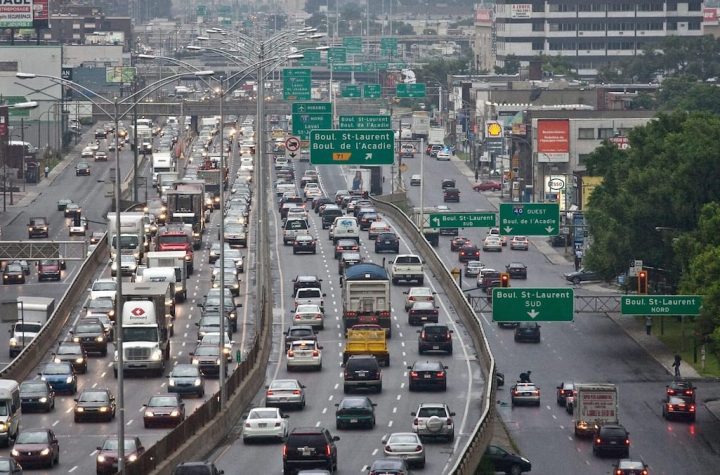
During the last five fiscal years of the Economic Development Fund (FDE), the CAQ government of François Legault had to inject a total of $3.6 billion to replenish this public fund.
Reporting to the Ministry of Economy, Innovation and Energy (MEIE), the Economic Development Fund, according to the ministry: “Quebec is the government's preferred vehicle to carry out structural interventions for the benefit of economic development. Management of the FDE is entrusted to Investments Québec.
The problem with FDE: Every year for the past five years, the fund has made thousands of investments and loans to companies that have made little to no profit. On the contrary!
Also, here is the sum of the financial losses that the Legault government had to cover in the last five financial years of the FDE completed under the leadership of former Superminister Pierre Fitzgibbon:
– Fiscal year 2023-24: $658.23 million
– Fiscal year 2022-23: $475.03 million
– Fiscal year 2021-22: $194.34 million
– Fiscal year 2020-21: $474.72 million
– Fiscal year 2019-20: $1.78 billion
A total of $3.6 billion in government contributions to FDE used to cover these five annual deficits:
– an amount of $2.55 billion as financial contribution from the government to offset the annual deficits of the FDE and the losses caused by its financial interventions;
– A total of $1.03 billion as the government's contribution to provision for losses.
As per the decision of Govt
Be clear! FDE is a public investment fund through which the government in power invests at its discretion in various companies that it deems promising, despite large losses.
We saw this with enormous investments ($1.3 billion under Philippe Couillard and $700 million) before the transition to the A220 in the C Series Superplane.
Same thing with the Legault government's recent $510 million investment in the Northvolt Six adventure.
lame ducks
If FDE is in such a deficit, its portfolio probably has a ton of lame ducks and a large number of investments are either underperforming or unprofitable.
Let us take FDE's latest financial year 2023-24. Of the total expenditures of $935 million, only $277 million was generated from investments. Hence, the $658 million deficit that the Legault government needs to cover in order for the FDE to balance its fiscal year.
Let's think about that for a couple of minutes: FDE's investments in the last financial year brought in a little less than 30% of the costs FDE incurs to manage its portfolio. 70% of the expenses will be borne by the government from its own pocket. You should do it!
programs
Here are the various financial assistance programs for businesses offered by FDE.
– Share capital investments under the Investment Quebec Act
– ESSOR Programme: Loans, Advances, Grants
– Support programs for retention of strategic businesses and emergency assistance: loans, advances, grants
– Innovation Program: Grants
– Marketing and Export Support: Subsidies
– Economic Development: Subsidies
– Socioeconomic Support Program: Subsidies
– Support Program for Development of Tourist Attractions: Loans, Advances
– Impulse PME Programme: Loans, Advances
Investments
Here, for each of the last five fiscal years of the FDE, the number of financial interventions conducted with companies, followed in parentheses by the amount of financing authorized.
– In 2023-24: 1,853 interventions ($2.05 billion)
– In 2022-23: 2,165 interventions ($2.25 billion)
– In 2021-22: 3,394 interventions ($2.5 billion)
– In 2020-19: 1,565 interventions ($2.4 billion)
– In 2019-20: 472 interventions ($884 million)
At the end of the last financial year, as of March 31, 2024, the FDE portfolio was valued at $6.1 billion. This includes 3994 financial interventions with 3159 companies.





More Stories
Russia imposes fines on Google that exceed company value
Historic decline in travel in Greater Montreal
Punches on the “Make America Great Again” cap: Two passengers kicked off the plane